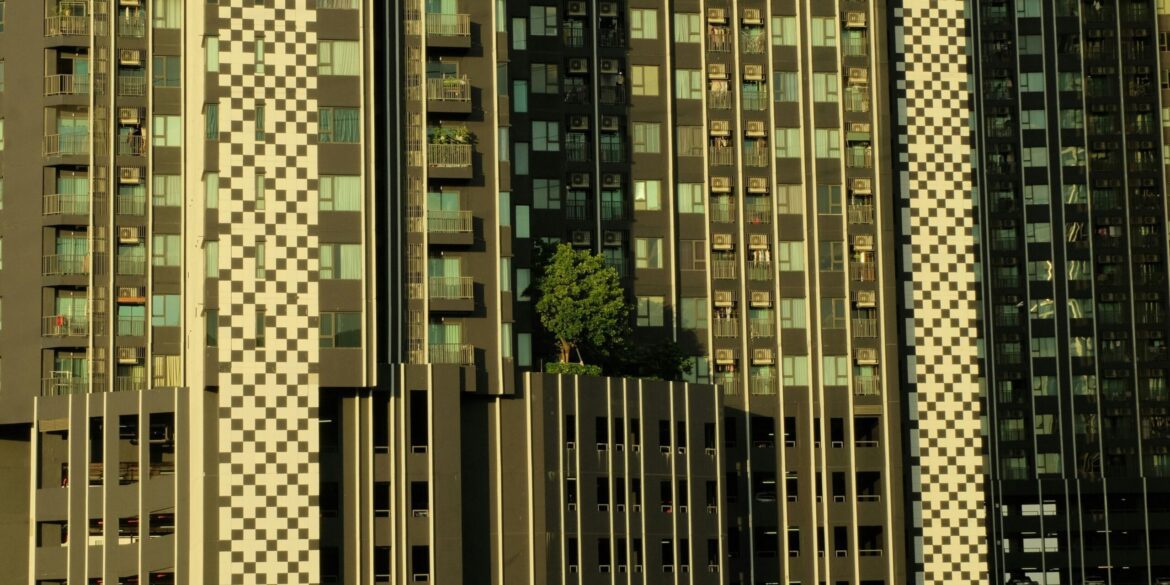By Emily Carr, Innovation Reporter
New York City’s first large-scale vertical farm inside a commercial skyscraper opened its doors on May 21, 2025, promising fresh, pesticide-free produce year-round for local restaurants and residents. The 25-story indoor farm uses advanced hydroponics and AI monitoring to revolutionize urban agriculture.
Pioneering Urban Agriculture in the Heart of NYC
Rising 300 feet above Manhattan’s Midtown, the new vertical farm represents a landmark moment in sustainable food production. Developed by AgriSky Urban Farms, this innovative facility integrates cutting-edge technology to grow leafy greens, herbs, and vegetables across its expansive floors.
The farm spans 100,000 square feet and employs hydroponic systems—growing plants in nutrient-rich water instead of soil—coupled with AI-driven sensors that monitor humidity, temperature, and nutrient levels in real time. This precision agriculture allows for faster growth cycles and significantly reduces water usage by up to 90% compared to traditional farming.
How It Works: A Tech-Driven Oasis
Inside the skyscraper, rows of LED-lit racks host a variety of crops that mature in just weeks, compared to months in outdoor fields. The AI system adjusts light spectra and watering schedules based on each plant’s growth stage, optimizing yield and quality.
“This farm isn’t just about producing food; it’s about redefining sustainability in urban settings,” said Dr. Evelyn Chen, Chief Agronomist at AgriSky. “By eliminating pesticides and minimizing transportation, we’re cutting carbon emissions and delivering fresher food directly to the city.”
Boosting Local Economy and Food Security
The farm’s produce is already being supplied to over 50 Manhattan restaurants known for farm-to-table menus, including high-profile names such as Blue Ivy and Green Hearth. In addition, AgriSky has partnered with community centers and food banks to provide affordable, nutritious options for underserved neighborhoods.
Mayor Eric Adams attended the opening ceremony, highlighting the project as a model for future urban development. “This skyscraper farm exemplifies New York’s commitment to innovation, sustainability, and food equity,” Adams said.
Environmental and Economic Benefits
-
Water Efficiency: Uses 90% less water than traditional farms.
-
Year-Round Production: Climate-controlled environment ensures continuous harvests.
-
Reduced Carbon Footprint: Eliminates long-distance food transport.
-
Job Creation: Over 200 skilled jobs in agriculture, technology, and logistics.
The Future of Urban Farming
AgriSky plans to expand operations by integrating vertical farms into other commercial buildings across the city. Experts believe this model could serve as a blueprint for megacities worldwide facing land scarcity and climate challenges.
Dr. Rachel Ortiz, an urban sustainability expert at Columbia University, noted, “This project could signal a transformative shift, merging architecture with agriculture to create resilient food systems.”
Looking Ahead: Challenges and Opportunities
While the skyscraper farm is a breakthrough, scaling this technology presents hurdles, including high initial investment costs and energy demands. However, advancements in renewable energy integration and automation could mitigate these challenges.
AgriSky’s CEO, Marcus Lee, remains optimistic: “We’re proving that urban vertical farming is not just viable but essential for the future of global food security.”


